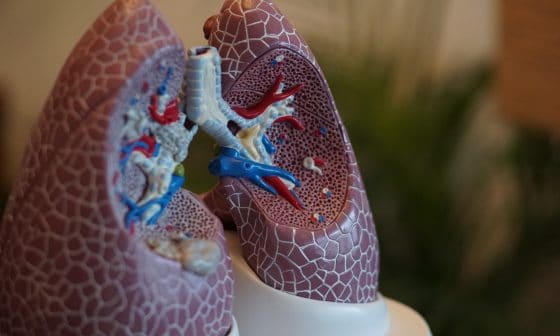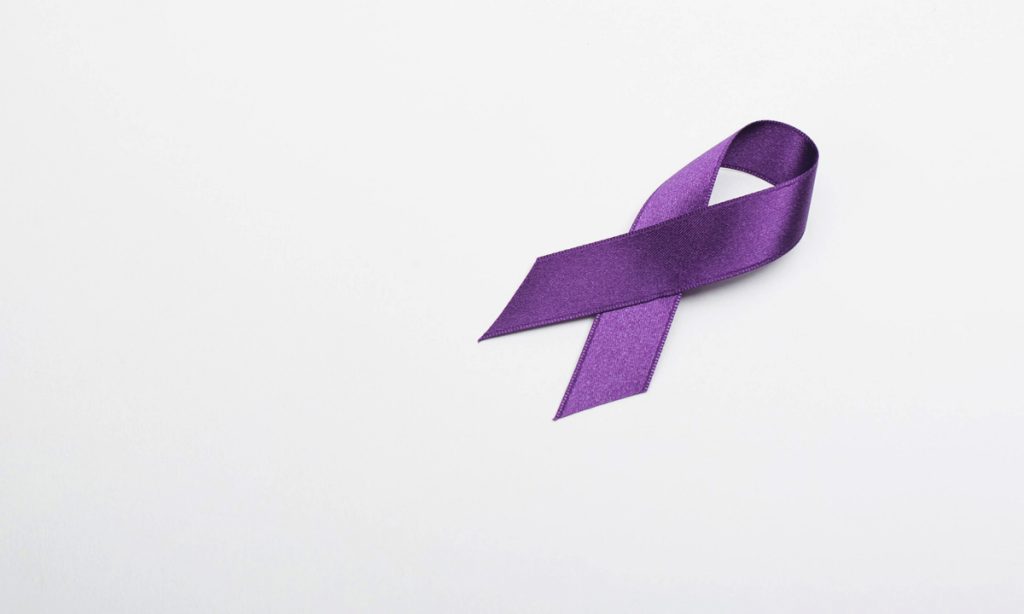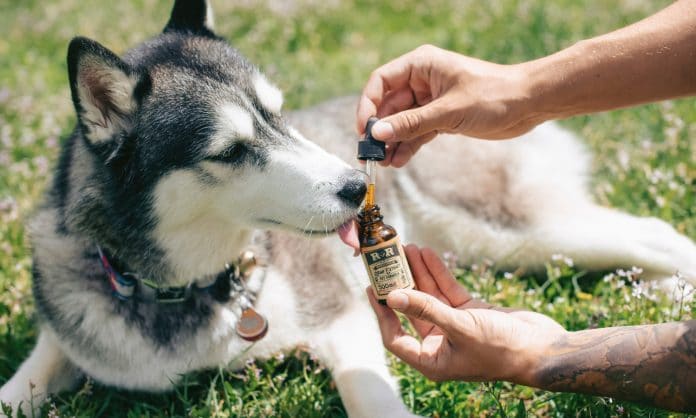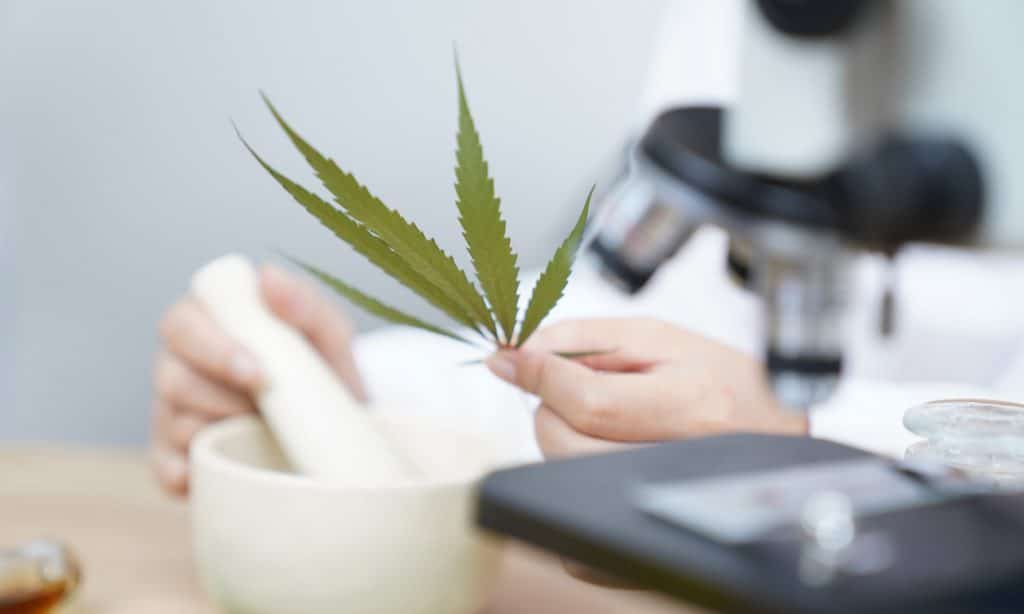A landmark court hearing is set to decide whether the NHS should cover the cost of a patient’s cannabis medicine.
Charlotte Caldwell, whose son Billy relies upon medicinal cannabis to keep him alive, has a landmark court hearing in Belfast Crown Court on September 7, 2020 to decide whether the NHS will cover the cost of his cannabis medication. This case could have groundbreaking implications for Billy and other UK patients who rely on medicinal cannabis.
Billy, who suffers from severe childhood epilepsy, helped change the laws concerning medicinal cannabis two years ago after a successful media campaign. However, since medicinal cannabis was downgraded to allow for it to be prescribed, Billy’s original NHS prescription was withdrawn. The result was that Billy can now only get his medicine privately.
A life changing court case
Before gaining access to medicinal cannabis four years ago Billy suffered hundreds of attacks throughout the day and night.
“I was told by doctors that we had exhausted all options. My heart was shattered. I remember lying in bed holding a drugged up Billy counting his seizures in an attempt to stay awake,” recalls Charlotte. “Billy would be turning blue and suffocating. I was holding him, not knowing if I fell asleep whether he would still be alive the next day.”










